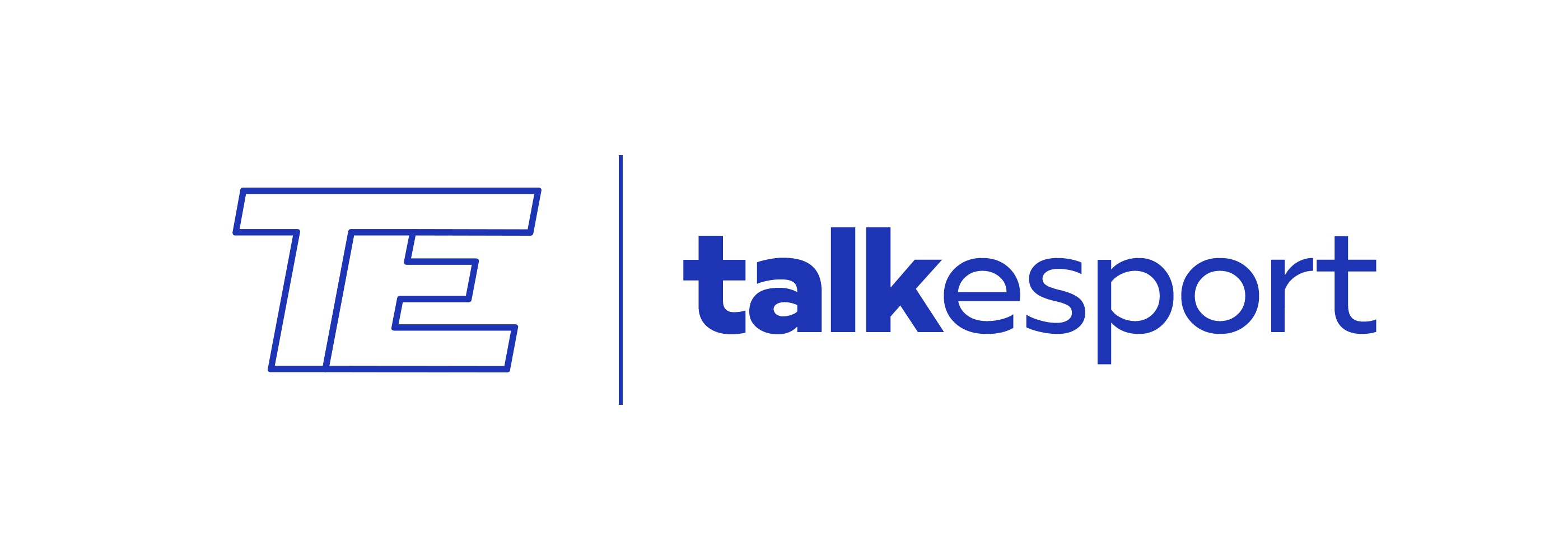Esports has been around for two decades. However, in recent years, the genre has transformed from a niche industry to a major entertainment industry in mainstream culture. It is now a booming trade with billions being spent on the platforms, the players, and the technology. Recent events in the world have also seen lots of people join eSports, with ESPN even broadcasting live events where celebrity athletes play each other in video games.
However, the gaming and streaming industry has always been associated with the use of VPNs, especially in the last few years. Most streamers have started using some of the best free VPN services to protect themselves and improve the experience, but do you really need one?
What concerns do streamers have?
There are many different streaming platforms such as Twitch, YouTube Gaming, Facebook Gaming, DLive, etc. Each of these platforms operate uniquely, but streamers generally face the same issues which they try to solve with VPN.
IP Leaks
IP stands for Internet Protocol, and it is the unique identifier associated with all your internet activities. Your IP address carries information such as your exact location and your ISP. In other terms, it is the online equivalent of your home address.
IP leaks happen when your IP address is made publicly visible, for example through a vulnerability or even a targeted attack such as clicking a simple link. If this happens, attackers could use this information to potentially hack your network, steal your identity, and more.
VPNs help protect your IP address by spoofing it and giving you a new one. This new IP address belongs to the VPN provider, and it can’t be used by hackers to get to you. Further, some VPNs have IPv6 and DNS leak protection enabled to prevents IP leaks.
DDoS Attacks
DDoS attacks are quite common in the eSports industry and are used as a means of stifling competition or even for other malicious reasons. These attacks are simple to carry out and can be used to take you offline by “swarming” your IP address with thousands of requests. To make the traffic huge enough to slow your connection, these attacks are often carried out using a botnet network.
VPNs protect against such attacks since an attacker can’t access your network. Even if they get your IP address, they’ll only DoS/DDoS the VPN provider’s servers. Most VPNs are equipped to prevent such attacks.
Geo-Restrictions
Some countries have banned various video streaming platforms and games. For example, Roblox is banned in Jordan, United Arab Emirates, and North Korea while Twitch is blocked in Russia and China.
If you are a streamer in a country where something you’d like to stream is blocked, you can simply use a VPN. A VPN will change your Virtual location, bypassing ISP and government bans.
If a free VPN sufficient for streaming?
A free VPN allows users to enjoy some benefits of using a VPN without spending a penny. This can be great if you are just starting out or you want to do some tests and see how a VPN affects your overall experience.
However, if you want to stream seamlessly, you will need to upgrade to a premium VPN. These VPNs offer far much better speeds which are important in eSports, and they do not impose other restrictions such as bandwidth limits.


